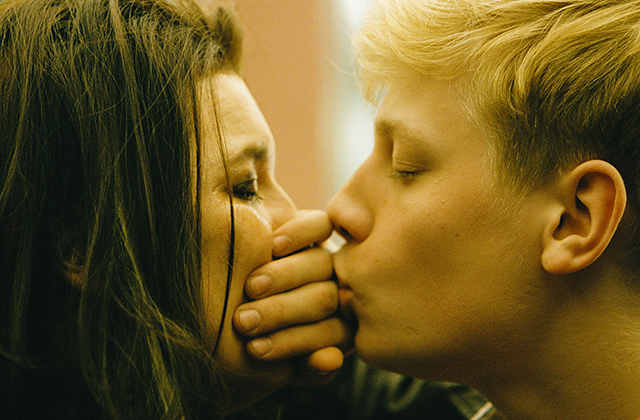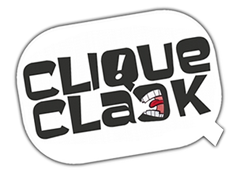Mommy hits hard but has an unnecessary visual gimmick

‘Mommy’ is a heightened melodrama with subtitles – so that should tell you if you want to see it or not.
Sometimes I feel like all indie movies are the same, with stylized cinematography and lighting, achingly acted scenes of pain, and a final message of “love’s great, but life sucks for the most part for most people.” This is perhaps unfair, but soon I realized that it’s not that all indie movies are the same, but that there’s a certain type where it’s always the same. These films are painful to watch if the acting is well done, because you empathize so strongly with the characters and their pain. Naturally, this is tricky, because it also can be draining and ultimately, repetitively tiresome. So it takes a real gem or unique idea to stand out in the crowd. Does this one? Well . . .
Mommy is a French Canadian movie written and directed by Xavier Dolan that aches with sorrow with a few shining moments of happiness that only serve to make the sad parts worse. Diane (Anne Dorval) is a single mother and widow of a troubled fifteen year old son, Steve (Antoine Olivier Pilon). Steve also has issues with ADHD, but the film doesn’t quite seem to understand mental illness all that well. There is an opening splash text that in a fictional alternate version of Canada, legislation has been passed that lets parents easily institutionalize kids for a variety of reasons. This is 100% pointless, because the movie does not really need to be in an alternate world for really anything to work.
The movie begins with Diane being forced to live with her son again after Steve gets kicked out of an institution for kids with special needs. Steve loves his mother, but perhaps too much. There are elements of near Oedipal issues here, as Steve has severe attachment disorder, leading to frequent violent outbursts. It can be difficult to watch, especially when it seems like it’s yet another scene in line of horrible scenes. But then the two befriend Kyla (Suzanne Clément), a new neighbor across the street with her own dark history, and together they seem like they might be able to help each other.
I mentioned a gimmick earlier, but it’s an odd one. The movie is mostly shot in a 1:1 aspect ratio; that is, it’s a small square on the screen. When I first saw the movie, I thought it was a mistake or some sort of low resolution film. But it wasn’t a mistake; it was entirely thematic. Although I get why it was done and I suppose it makes some sense, it almost seems too pretentious to me, given the decent but not superlative quality of the film. That said, the movie has positives and negatives.
The acting is excellent, particularly Anne Dorval as Diane, understated at times and highly emotionally fraught at others. The kid is okay, but his character is written to such extremes that it’s hard to get a handle on whether or not he’s really acting or overacting. But in general I found the performances affecting, at least the main ones; the other folks in the backgrounds, forgettable I’d say. The dreary coloring of the movie is intentional, and it does get inside your head. But at over two hours, I think the movie could’ve stood to be trimmed in a few places. The emotional turmoil gets blunted when it seems like it’s the same scene over and over again.
Still, it is a good movie, a classic indie movie of its type, subtitles and all. Just don’t expect to feel so great afterwards.
 CliqueClack
CliqueClack